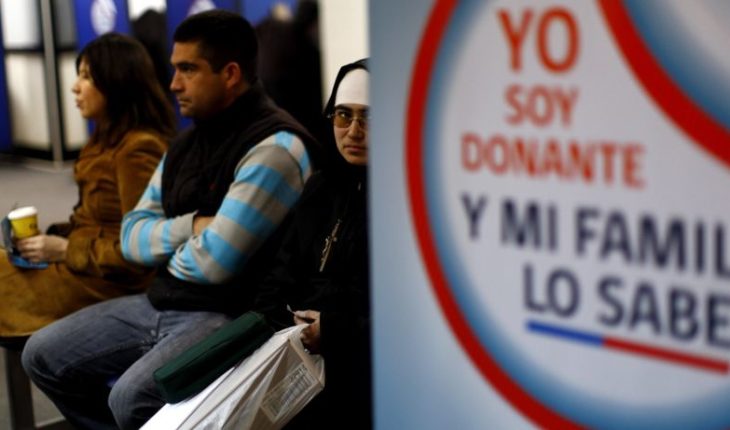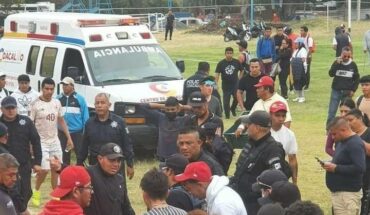The National Institute of Human Rights required the Ministry of Health to provide existing protocols on organ donation in Chile to determine whether international standards on the right to health are met. They also asked the Minsal to know whether, in the case of Joaquín Bustos, whose organs could not be donated by negligence in the transfer, existing protocols were complied with. After the case in Temuco, where the 27-year-old kinesiologist was unable to donate his organs because of problems of uncoordination and/or lack of organization of the transfer, despite having stated that he wanted to be a donor, The Member Andrés Celis officiated the INDH requesting that he be it would have, in its view, been a serious breach of the essential rights of those who, being compatible with those bodies, were unable to receive them. In response, the Institute made the requests to the institution and detailed several specific elements that would be in breach in this case: the weak existing definition of that right at the constitutional level; the omission of social determinants in public health policy; inequality and inequities; lack of attention and resolute capacity of public services; deficit in the field of sexual and reproductive health. “When these serious events were made known, many institutions spoke out, blaming each other, and even intended to justify saying that this happens anywhere in the world. However, there was a lack of a central body in this area, the INDH, which not only discloses to us a series of shortcomings detected in Chilean health law, starting in 2011, but also in the specific case of organ transplantation, asks Minsal for the ex protocols to check if they meet international standards, as well as ask for a background on the punctual case of Joaquín Bustos. It is clear that the uncoordinations of that day circumvented any existing procedures, but it now matters that these protocols or procedures are adjusted and respected the essential rights of our citizens,” explained Mr Andrés Celis. “I hope that when INDH is very strict in the revision of protocols, because the events in Temuco give an account of a lack of basic service of the State, which affected fundamental rights, such as the right to life. It is contrary to the public faith what happened, we have a donor deficit, there are million-dollar campaigns to encourage it and issues like these, they create legitimate mistrust in Chileans that we cannot allow. We cannot forget that the intention of a healthy person who wanted to save lives was not fulfilled, by not respecting his will to be a donor,” the MP concluded.
translated from Spanish: INDH to monitor protocols for organ donation
August 24, 2019 |





